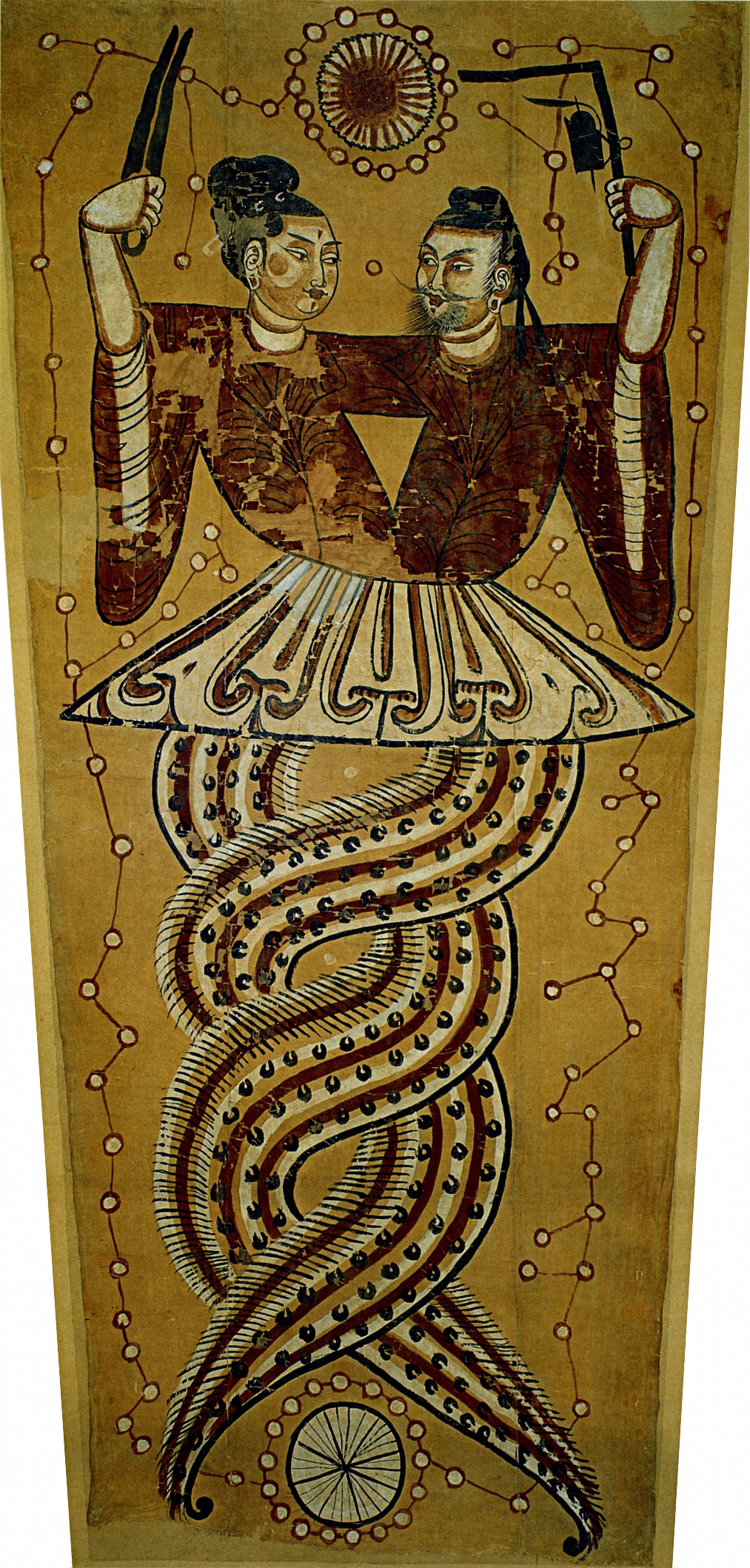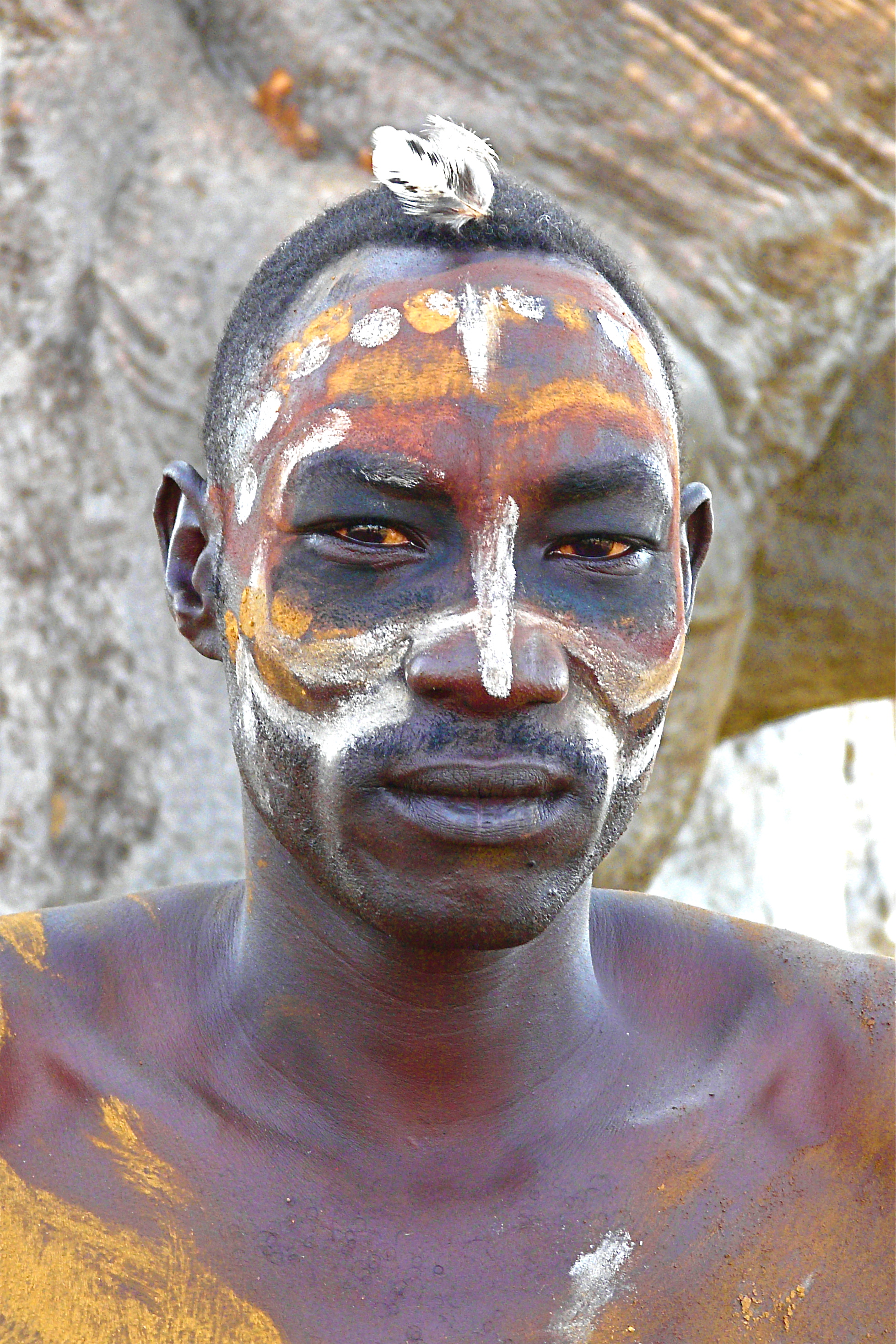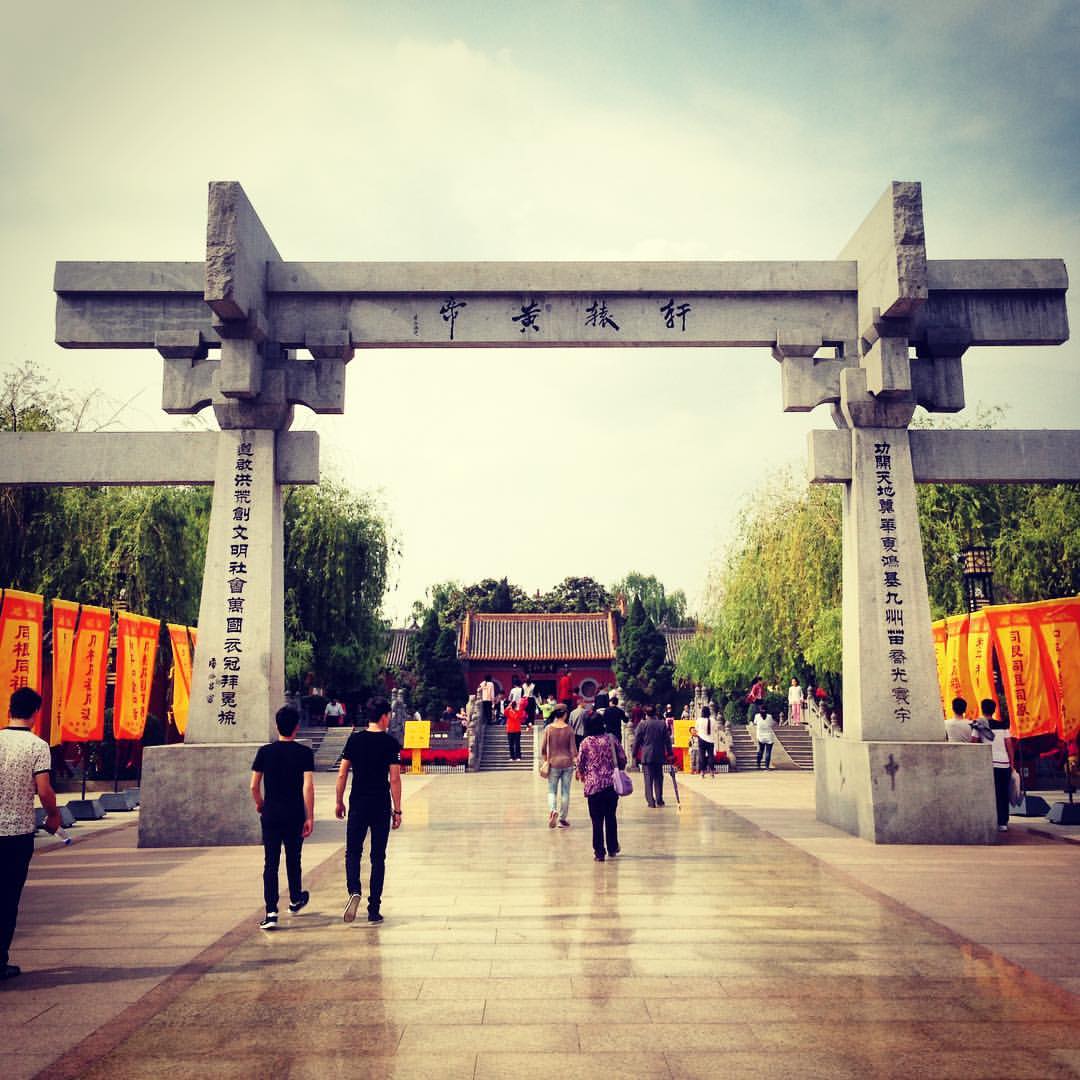|
Yu Shi
Yu Shi () is a Chinese spirit or god of rain, also known as or conflated with Red Pine (Chisong, 赤松, or Chisongzi – Master Red Pine), among other names. Translations of ''Yu Shi'' into English include "Lord of Rain" and "Leader of Rain". As Yu Shi Yu Shi in Chinese folk religion and Chinese mythology generally appears in association with Feng Bo, the god of the wind; and Lei Gong, the god of thunder. There are both current religious activities and historical mythical stories associated with Yu Shi. Various references in poetry and popular culture also exist, for example in the ''Chu ci'' poems " Tian Wen" and "Yuan You". His consort is Yu Shiqie (). As Chisongzi According to certain versions, a certain Chisongzi () during the reign of Shennong ended a severe drought by sprinkling water from an earthen bowl and was rewarded by being made the Lord of Rain with a dwelling on the mythical Kunlun Mountain. In another form, Chi Songzi is depicted as a chrysalis of a silkworm wh ... [...More Info...] [...Related Items...] OR: [Wikipedia] [Google] [Baidu] |
Soushen Ji
The ''Soushen Ji'', variously translated as ''In Search of the Sacred'', ''In Search of the Supernatural'', and ''Anecdotes about Spirits and Immortals'', is a Chinese compilation of legends, short stories, and hearsay concerning Chinese gods, Chinese ghosts, and other supernatural phenomena. Although the authorship of the book is not made explicit in the text, it is believed to have been written and compiled by Gan Bao, a historian at the court of Emperor Yuan of Jin (sometimes wrongly referred to as Yü Pao) around AD350. It was reissued in numerous editions, including in 1593. The book usually consists of 464 stories. Stories Notable stories include: * Gan Jiang Mo Xie〈干將莫邪〉 * Wu Wang Xiao Nü〈吳王小女〉 * Li Ji Zhan She〈李寄斬蛇〉a legend about serpent-slaying: ''Li Ji Slays the Giant Serpent'' (''Li Chi Slays the Serpent''), similar to the legend of Chen Jinggu. * Han Bing Fufu〈韓憑夫婦〉 The collection also contains a variant of the st ... [...More Info...] [...Related Items...] OR: [Wikipedia] [Google] [Baidu] |
Yinglong
Yinglong () is a winged dragon and rain deity in ancient Chinese mythology. Name This legendary creature's name combines ''yìng'' "respond; correspond; answer; reply; agree; comply; consent; promise; adapt; apply" and ''lóng'' "Chinese dragon". Although the former character is also pronounced (with a different tone) ''yīng'' "should; ought to; need to; proper; suitable", ''yinglong'' definitively means "responsive dragon; responding dragon" and not "proper dragon". Classical usages The Chinese classics frequently mention ''yinglong'' "a winged rain-dragon" in myths about the Three Sovereigns and Five Emperors, especially the Yellow Emperor and his alleged descendant King Yu. The examples below, limited to books with English translations, are roughly arranged in chronological order, although some heterogeneous texts have uncertain dates of composition. ''Chuci'' The (3rd–2nd centuries BCE) ''Chu Ci'' "Songs of Chu" mentions Yinglong helping King Yu , the legenda ... [...More Info...] [...Related Items...] OR: [Wikipedia] [Google] [Baidu] |
Wong Tai Sin
Wong Tai Sin or Huang Daxian () is a Chinese Taoist Deity popular in Jinhua, Zhejiang, and Hong Kong with the power of healing. The name, meaning the "Great Immortal Wong (Huang)", is the divine form of Huang Chuping or Wong Cho Ping (; c. 328 – c. 386), a Taoist hermit from Jinhua during the Eastern Jin dynasty.Geertz, Armin W. McCutcheon, Russell T. Elliot Scott S. McCutcheon, Russell. 000(2000) Perspectives on Method and Theory in the Study of Religion. Brill Academic Publishers. Legend According to the text ''Self-Description of Chisongzi'' (; "Master Red Pine"), Wong Tai Sin was born Huang Chuping (Wong Cho Ping in Cantonese) in 328 in Lanxi, Jinhua, Zhejiang province.Self-Descriptions of Chisongzi at the temple Western sources have him listed at c. 284 to 364 CE. Wong Cho Ping is said to have experienced poverty and hunger, becoming a shepherd when he was eight years old.Siksikyuen.Siksikyuen" "Bio." Retrieved on 007-04-18 He began practising Taoism at the age of ... [...More Info...] [...Related Items...] OR: [Wikipedia] [Google] [Baidu] |
Shangyang (rainbird)
The Shangyang (), (or shang yang) in Chinese mythology was a rainbird (i.e. it could predict rain). It was one of several important mythical birds in this tradition. The Shangyang was particularly associated with the Lord of Rain, Yu Shi. Once the Shangyang was supposed to have visited the royal court at Qi, where it performed a dance upon its one leg, whereupon an embassy was sent inquire of the meaning of this event to Confucius in the neighboring state of Lu: the Shangyang was known to Confucius, who predicted imminent heavy rain and advised the digging of drainage and the raising of dikes. As a result of following the sage's advise, Qi was spared calamity due to the ensuing inundation, whereas the other states who did not heed the advice were heavily damaged. This legendary incident has been often used to illustrate the folly of those who refuse to heed the words of the wise. Mythographer Lihui Yang associates Yu Shi with the Bi Fang bird, instead.Yang, 243 See also *Chinese m ... [...More Info...] [...Related Items...] OR: [Wikipedia] [Google] [Baidu] |
Meng Haoran
Meng Haoran (; 689/691–740) was a major Tang dynasty poet, and a somewhat older contemporary of Wang Wei, Li Bai and Du Fu. Despite his brief pursuit of an official career, Meng Haoran mainly lived in and wrote about the area in which he was born and raised, in what is now Hubei province, China. Meng Haoran was a major influence on other contemporary and subsequent poets of the High Tang era because of his focus on nature as a main topic for poetry. Meng Haoran was also prominently featured in the Qing dynasty (and subsequently frequently republished) poetry anthology ''Three Hundred Tang Poems'', having the fifth largest number of his poems included, for a total of fifteen, exceeded only by Du Fu, Li Bai, Wang Wei, and Li Shangyin. These poems of Meng Haoran were available in the English translations by Witter Bynner and Kiang Kanghu, by 1920, with the publication of ''The Jade Mountain''. The ''Three Hundred Tang Poems'' also has two poems by Li Bai addressed to Meng Haor ... [...More Info...] [...Related Items...] OR: [Wikipedia] [Google] [Baidu] |
Maonan People
The Maonan people (; Maonan: ''Anan'', literally "local people") are one of the 56 ethnic groups officially recognized by the People's Republic of China. There are a total of 101,192 Maonan as of 2010, mostly living northern Guangxi and southern Guizhou in southern China. The Maonan people's autonyms are ''ʔai1 na:n6 ''(a Maonan person), ''kjɔŋ5 na:n6'' (the Maonan people). Their language is called ''va6 na:n6'' (Lu 2008:33).Lu, Tian Qiao (2008). ''A Grammar of Maonan''. Boca Raton, Florida: Universal Publishers. . Language Society More than 80% of the Maonan share the same surname: ''Tan'' (). Maonan with the surname ''Tan'' believe that they are descended from the old inhabitants of the province of Hunan that migrated to Guangxi and married Maonan women. Other common surnames found in this ethnic group are: '' Lu'' (卢/盧), ''Liu'' (刘/劉), ''Shi'' (石), ''Tan'' (覃), '' Wei'' (韦/韋) and '' Yuan'' (袁). The towns of the Maonan do not surpass more than 100 ... [...More Info...] [...Related Items...] OR: [Wikipedia] [Google] [Baidu] |
Han Chinese
The Han Chinese () or Han people (), are an East Asian ethnic group native to China. They constitute the world's largest ethnic group, making up about 18% of the global population and consisting of various subgroups speaking distinctive varieties of the Chinese language. The estimated 1.4 billion Han Chinese people, worldwide, are primarily concentrated in the People's Republic of China (including Mainland China, Hong Kong and Macau) where they make up about 92% of the total population. In the Republic of China (Taiwan), they make up about 97% of the population. People of Han Chinese descent also make up around 75% of the total population of Singapore. Originating from Northern China, the Han Chinese trace their cultural ancestry to the Huaxia, the confederation of agricultural tribes living along the Yellow River. This collective Neolithic confederation included agricultural tribes Hua and Xia, hence the name. They settled along the Central Plains around the middle and lo ... [...More Info...] [...Related Items...] OR: [Wikipedia] [Google] [Baidu] |
Nuba (Chinese Mythology)
The Nuba people are indigenous inhabitants of central Sudan. Nuba are various indigenous ethnic groups who inhabit the Nuba Mountains of South Kordofan, South Kordofan state in Sudan, encompassing multiple distinct people that speak Languages of the Nuba Mountains, different languages which belong to at least two unrelated language families. In 2011 when Southern part of Sudan become independent State as a country with Sovereignty, Nuba is currently living in the Southern part of Sudan. Estimates of the Nuba population vary widely; the Sudanese government estimated that they numbered 2.07 million in 2003. The term should not be confused with the Nubians, an unrelated ethnic group speaking the Nubian languages living in Northern Sudan and Southern Egypt, although the Hill Nubians, who live in the Nuba Mountains, are also considered part of the Nuba peoples. Description Dwellings The Nuba people reside in the foothills of the Nuba Mountains. Villages consist of family compounds, ... [...More Info...] [...Related Items...] OR: [Wikipedia] [Google] [Baidu] |
Battle Of Zhuolu
The Battle of Zhuolu () was the second battle in the history of China as recorded in the '' Records of the Grand Historian'', fought between the Yanhuang tribes led by the legendary Yellow Emperor and the Jiuli tribes led by Chiyou. The battle was fought in Zhuolu, near the present-day border of Hebei and Shanxi. The victory for the Yellow Emperor here is often credited as history, although almost everything from that time period is considered legendary. Traditional Chinese historiography places the battle in the 26th century BC, although the Xia–Shang–Zhou Chronology Project has suggested the traditional dates to be at least some two centuries too early for the most remote recorded periods. Background In prehistoric China, the BEAR tribe of Yellow Emperor rose to power on the plains of Guanzhong and merged with Yan Emperor's Shennong tribe following the Battle of Banquan. The Yanhuang tribes, as the merged tribes were known, spread along the Yellow River towards t ... [...More Info...] [...Related Items...] OR: [Wikipedia] [Google] [Baidu] |
Yellow Emperor
The Yellow Emperor, also known as the Yellow Thearch or by his Chinese name Huangdi (), is a deity ('' shen'') in Chinese religion, one of the legendary Chinese sovereigns and culture heroes included among the mytho-historical Three Sovereigns and Five Emperors and cosmological Five Regions' Highest Deities (). Calculated by Jesuit missionaries on the basis of Chinese chronicles and later accepted by the twentieth-century promoters of a universal calendar starting with the Yellow Emperor, Huangdi's traditional reign dates are 2697–2597 or 2698–2598 BC. Huangdi's cult became prominent in the late Warring States and early Han dynasty, when he was portrayed as the originator of the centralized state, as a cosmic ruler, and as a patron of esoteric arts. A large number of texts – such as the ''Huangdi Neijing'', a medical classic, and the '' Huangdi Sijing'', a group of political treatises – were thus attributed to him. Having waned in influence during most of the ... [...More Info...] [...Related Items...] OR: [Wikipedia] [Google] [Baidu] |
Chiyou
Chiyou (蚩尤, ) is a mythological being that appears in East Asian mythology. Individual According to the Song dynasty history book ''Lushi (book), Lushi'', Chiyou's surname was Jiang (surname 姜), Jiang (), and he was a descendant of Flame Emperor, flame. According to legend, Chiyou had a bronze head with a distinct metal forehead. He had 4 eyes and 6 arms, wielding terrible sharp weapons in every hand, similar to a description of ''fangxiangshi''. (2005) (2006) . p 11-13. In some sources, Chiyou had certain features associated with :Mythological bovines, various mythological bovines: his head was that of a bull with two Horn (anatomy), horns, although the body was human, and his hindquarters were those of a bear. He is said to have been unbelievably fierce, and to have had 81 brothers and many followers. Historical sources often described him as 'bold leader', as well as 'brave'. Some sources have asserted that the figure 81 should rather be associated with 81 clans in his ... [...More Info...] [...Related Items...] OR: [Wikipedia] [Google] [Baidu] |




